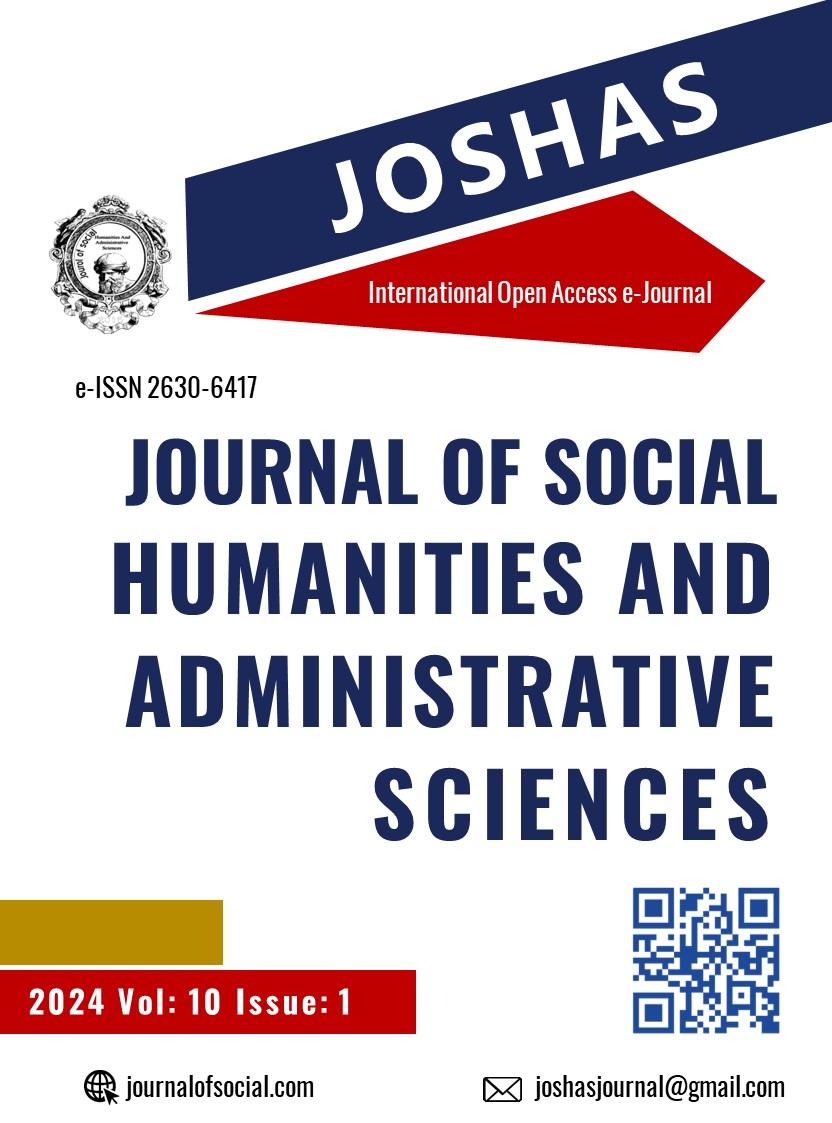Author :
Abstract
On dokuzuncu yüzyılda salgın hastalıkların yükselişi, hekimleri salgın hastalıkları önleme konusunda harekete geçirmiştir. Sosyal çevre ile salgın hastalıklar arasındaki ilişkiye dair ilk bulgular hekimler tarafından tespit edilmiştir. Sosyal çevrenin hastalıklara etkisi, nüfustaki yayılma biçimi ve sıklığı referans alınarak incelenmiştir. Epidemiyoloji adı verilen bu disiplin, hastalıkların nüfustaki yayılımının sebepleri üzerinde durmuştur. On dokuzuncu yüzyıl epidemiyologları, hastalıkların toplumsal nedenlerini toplumsal alanda aramanın yollarını araştırmışlardır. Yirminci yüzyıl başlarında büyük salgın hastalıklar varlığını sürdürse de yerini zamanla kronik hastalıklara bırakmıştır. Kronik hastalıkların artışı ile modern yaşam tarzları arasında belli bir ilişki kurulmuş ve sosyoloji alanında buna yönelik teoriler geliştirilmiştir. Her bir teorinin dayandığı düşünce formları farklı olsa da uzlaştıkları nokta hastalık ve toplum arasındaki bağın güçlü ve kaçınılmaz olduğudur. Günümüz dünya sistemlerinde, hastalığın sorumluluğu ve sağlıklı kalmadaki başarının kendisi bireye atfedilmiştir. Yirminci yüzyılda sağlık ile toplumsal uzantıları arasında kurulmaya çalışılan teorik bağ yerini bireyselleştirici teorilere bırakmıştır. Bu dönüşüm tıbbileştirme (medicalization) adı verilen tıbbi kontrolün ve otoritenin artışına bağlanmaktadır. Ancak tıbbileştirme kavramını salt olumsuz anlamıyla ele almak mümkün değildir. Tıbbileştirme hem olumlu hem de yıkıcı sonuçları olan bir olgudur. Bu çalışmada tıbbileştirme nosyonunun heterojen yapısını göz önünde bulundurup yeni sosyolojik teorilerle bir arada düşünme gerekliliği üzerinde durulmaktadır. Bu çalışma tıbbileştirmenin radikal eleştirisi ile arasına mesafe koyup, tıbbileştirmeyi yeni sosyolojik modellerle birlikte düşünme ihtiyacını vurgulamaktadır.
Keywords
Abstract
The rise of epidemics in the nineteenth century mobilised physicians to prevent epidemics. The first findings on the relationship between the social environment and epidemics were made by physicians. The effect of the social environment on diseases was analysed in terms of their spread and frequency in the population. This discipline, called epidemiology, focused on the causes of the spread of disease in the population. In the nineteenth century, epidemiologists sought ways to look for the social causes of disease in the social environment. Although major epidemics continued to occur in the early twentieth century, they were gradually replaced by chronic diseases. A certain relationship was established between the increase in chronic diseases and modern lifestyles, and theories were developed in the field of sociology. Although the thinking behind each theory is different, they all agree that the link between disease and society is strong and inescapable. In today's world systems, responsibility for illness and success in staying healthy is attributed to the individual. In the twentieth century, the theoretical link between health and its social extensions was replaced by individualising theories. This shift has been attributed to the growth of medical control and authority, known as medicalisation. However, the concept of medicalisation cannot be understood in a purely negative sense. Medicalisation is a phenomenon with both positive and destructive consequences. This study emphasises the need to take into account the heterogeneous nature of the concept of medicalisation and to think together with new sociological theories. This study distances itself from the radical critique of medicalisation and emphasises the need to think medicalisation together with new sociological models.
